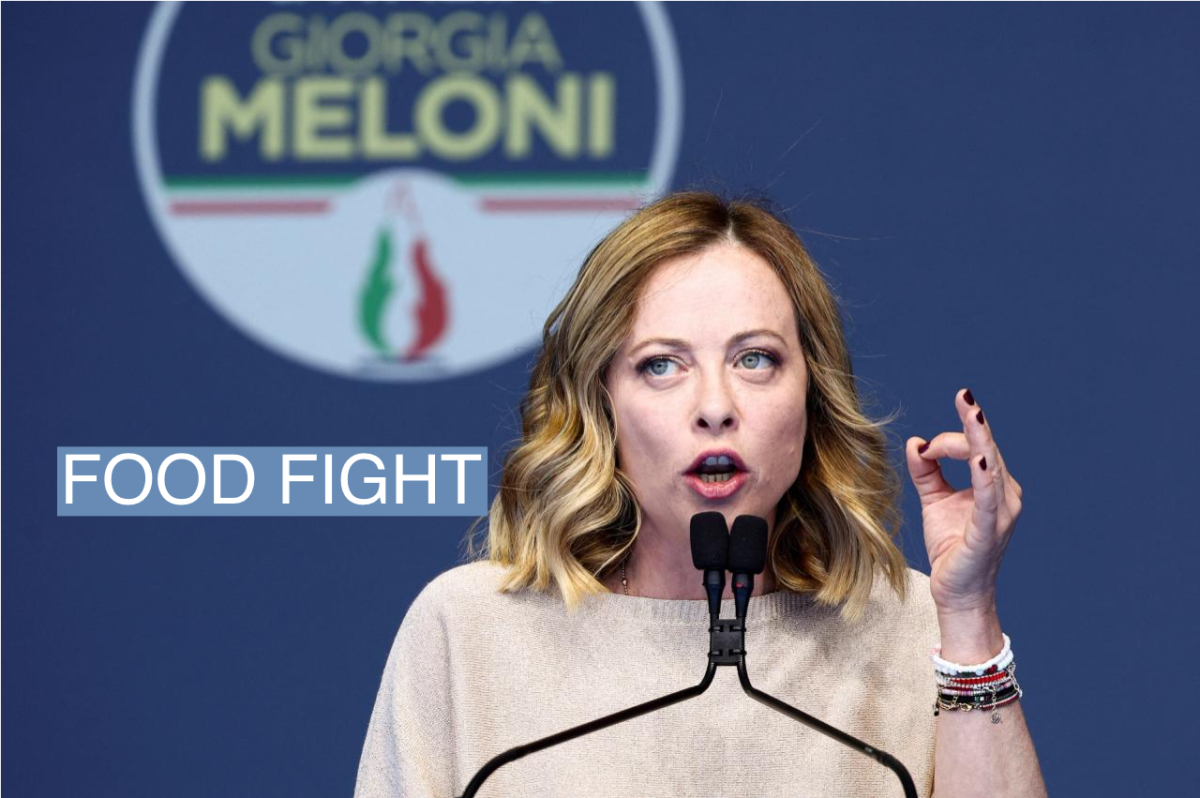Insights from the European Center for Development Policy Management, ECCO and African Arguments
The news
The Italian government is preparing a new climate and foreign policy initiative focused on sustainable food during this week’s G7 summit in Puglia.
Prime Minister Giorgia Meloni’s Apulia Food Security Initiative – details of which are not yet available – would prioritize food security in Africa by investing in sustainable farming and agriculture. The plan is based on similar proposals from last year’s United Nations COP28 climate conference, which recognized the carbon footprint of food production for the first time.
The initiative could give Meloni a bigger hand in global affairs, but domestic political and financial headwinds threaten its implementation.
SIGNALS
To lead Europe’s foreign policy, Meloni must also involve Africa
With its growing influence in Europe, Meloni has positioned Italy as “the new European face in Africa” as companies become increasingly interested in the mineral- and resource-rich continent, according to a European Council on Foreign Relations researcher. But its approach so far appears “centered on investment rather than development,” Al Jazeera noted. Last year at COP28, Meloni said that redefining the relationship between Italy and Africa had to go beyond ‘charity’. To achieve this, African farmers “must be treated as equal project partners and not merely as beneficiaries,” wrote an analyst for Italian think tank Ecco, as African agriculture is among those most at risk from climate change.
Europe’s sustainable food initiatives are crumbling under far-right pressure
While refocusing the conversation on Africa is the right step for the world as a whole, “it is not the case that European food systems are fully sustainable,” ECDPM analyst Cecilia D’Alessandro of the think tank European Center for Development Policy Management told Semafor. It’s not that the EU hasn’t tried, but many of its initiatives have been scrapped after huge farmers’ protests shook countries across the continent. The few policies that remain — such as satellite monitoring of crop production — continue to anger farmers, who may be swayed to the far right, NPR noted.
Agricultural investments are not as risky as some banks make them seem
Financing Meloni’s project will be one of the biggest challenges for the G7, wrote analyst Cecilia D’Alessandro for the Istituto Affari Internazionali. To get financial institutions and banks on board, “it’s a matter of showing them that [agriculture] is not as risky as they think,” she told Semafor. Banks are concerned about their financial returns, so they are typically more likely to finance a few large infrastructure projects than several small to medium-sized farms. The G7 must convince financial institutions that long-term social and environmental returns – such as avoiding climate catastrophes – are as important, if not more important, than short-term financial gains, D’Alessandro said.







